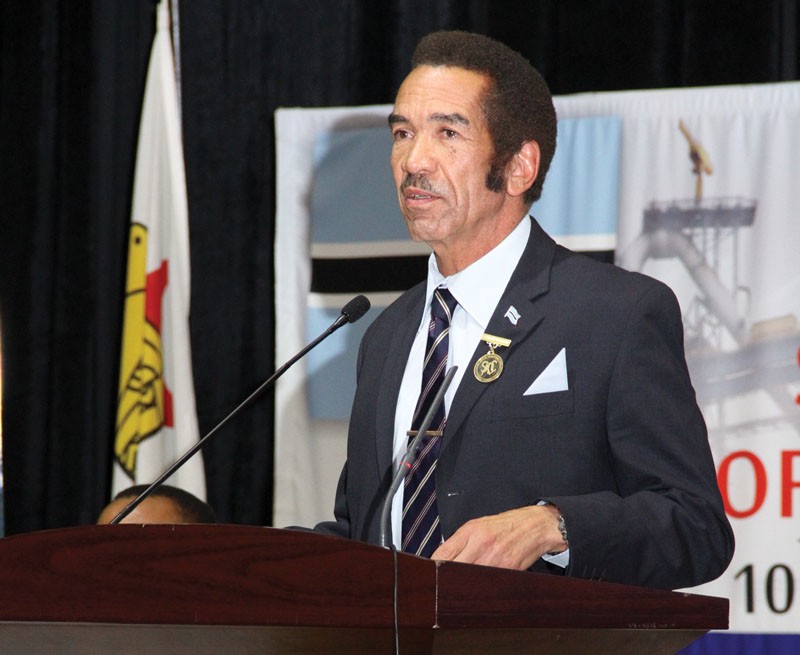Khama disappoints gender activists
Baboki Kayawe | Friday August 26, 2016 15:24


Gender activists and affiliated civil society groups had lobbied President Ian Khama to sign the instrument before leaving the helm of the regional organisation on Tuesday.
The protocol is a sub-regional instrument that brings together African and global goals on gender equality and enhances these through targets and timeframes. Gender Links country manager, Gomolemo Rasesigo said other countries in SADC are viewing Botswana’s non-signatory of the protocol as not being in agreement with taking forward gender equality issues.
“As much as we have made significant progress in other aspects of gender equality we still lag behind in others such as political decision-making. The reality is that without electoral reforms women will remain in the minority when it comes to political decision-making,” she said.
Rasesigo said Botswana hands over the baton to Swaziland at a time the gender movement has been lobbying the government of Botswana to sign the SADC protocol on gender and development. “To date the signing has not been done and it has been an uphill battle for the civil society,” Rasesigo said.
“We pride ourselves in doing a lot as a country in addressing issues of gender, but not signing says otherwise and as a country that is perceived as being a model of democracy and good governance it will be very disappointing for us to handover to Swaziland without having signed this democracy-enhancing instrument,” she added. While she said they are hoping for the best next week, Rasesigo said if the government does not sign, the movement will amplify the campaign and fight for this cause.
At a review process to synchronise the protocol with the Sustainable Development Goals (SDG) as its overarching objective was to achieve 50/50 parity by 2015 in line with the ended Millennium Development Goals, the gender movement’s plea for Botswana to sign this instrument was amplified. The evaluation was done by the SADC Gender Protocol Alliance - the regional “network of networks” that championed the adoption of the protocol.
The purpose of the meeting was to consolidate ideas and opinions on how best the post 2015 gender development agenda could facilitate gender parity in the country and the region.
“The intention is to have the protocol finalised by the time Botswana leaves the SADC chairpersonship. The recommendations drawn from this workshop will be forwarded to the minister to inform his presentation at the forthcoming SADC gender ministers’ forum,” explained Rasesigo. Botswana and Mauritius are the only countries that have not signed the protocol. However, Botswana has maintained that the protocol, which has equity targets and policies, contains “steep financial implications” and has language that is too “instructive”. Deputy permanent secretary in the ministry of labour and Home Affairs, Montshiwa Montshiwa who attended the review exercise two months ago said the country looked forward to a comprehensive review “ reflective of the reality of Botswana”.
“The revised protocol should therefore be a product that reflects our priorities for post 2015. The alliance for this reason has a crucial assignment to prepare a well-researched document that will address the concerns of Botswana,” he said. Other SADC states signed and adopted the Protocol on Gender and Development in 2008.
